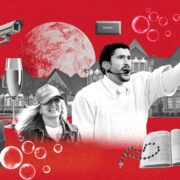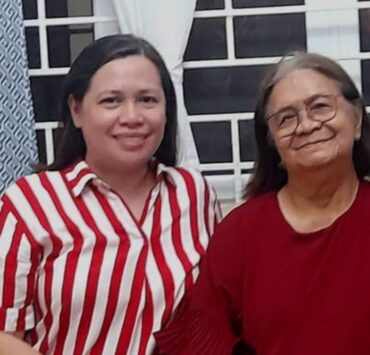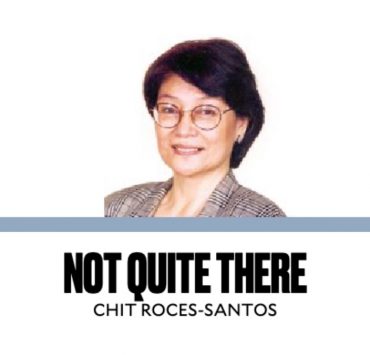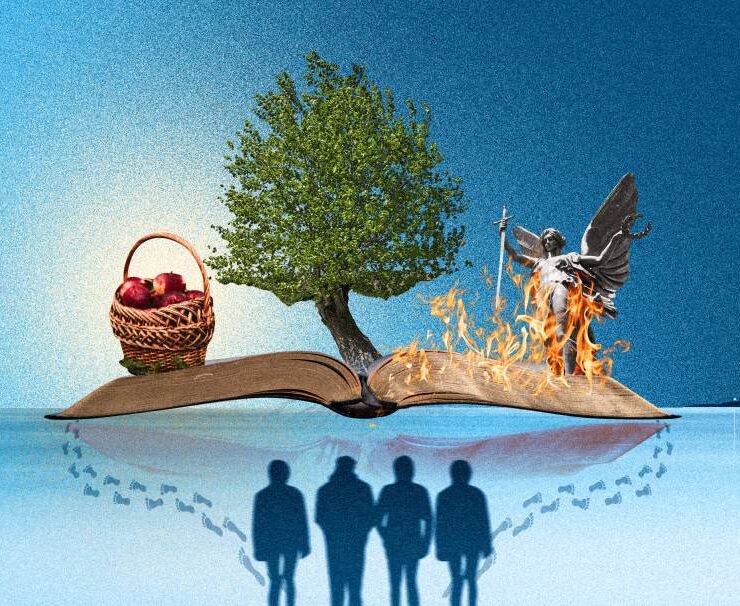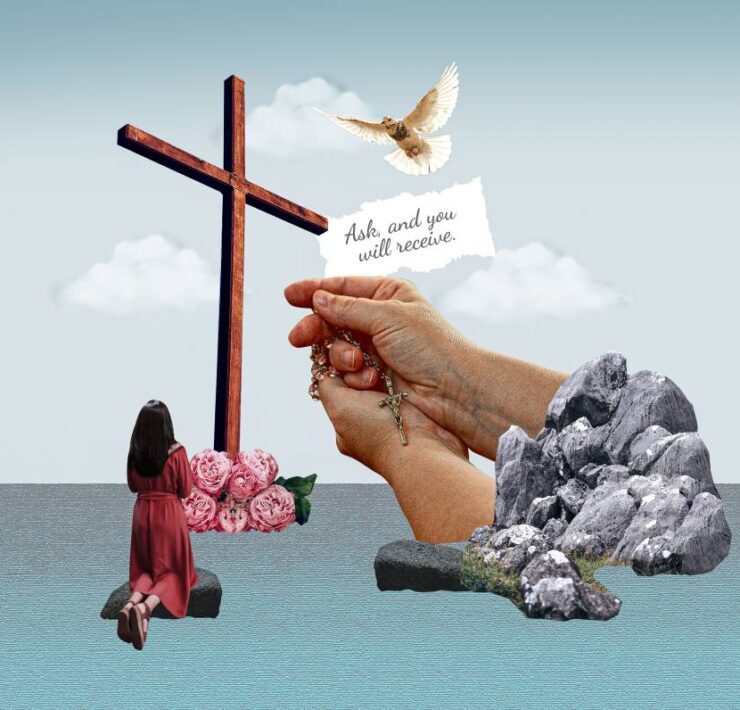A paradigm shift

Aug. 25—21st Sunday in Ordinary Time
Readings: Joshua 24:1-2a, 15-17, 18b; Psalm 34, R. Taste and see the goodness of the Lord.; Ephesians 5: 21-32; Gospel – John 6: 60-69
This Sunday, we have the final “installment” of the four-part discourse on the Bread of Life. Here the split happened.
What caused the split? One, what Jesus said in the discourse did not fit into their concepts. Two, the crowd listening to Jesus was not ready to make the paradigm shift Jesus was putting forward.
The final point for reflection will be a description of the communal experience of college students who regularly attend Sunday Mass.
The message of Jesus in the discourse presented a new understanding of the “bread that came down from heaven.” What the crowds understood was the bread similar to Moses’ manna in the desert.
Recall that this was the crowd that witnessed and benefited from the multiplication of the loaves and fish. This was why they followed Jesus.
The miracle was very much according to expectations that when the Messiah comes, he will perform similar mighty deeds as Moses. But when Jesus started to talk about the bread of eternal life, it was simply too much for the crowd.
Their conceptual framework was challenged, so the natural reaction was to be defensive, and eventually to reject.
Not only was the conceptual framework challenged, but with it there was also a demand for a paradigm shift.
One reflection pointed out that the basic shift was from the bread that provided sustenance for physical life to the bread that provided eternal life.
Furthermore, this eternal life was to come to them through Jesus, who at the start of the discourse they already “doubted,” because he was the son of their neighbors Joseph and Mary, and was one of them.
Contrast this limited perspective that led to the rejection of Jesus as the Bread of Life with a description of college students’ experience of the Mass.
Sense of purpose
From “Big Questions, Worthy Dreams: Mentoring Emerging Adults in Their Search for Meaning, Purpose, and Faith” by Sharon Daloz Parks (p. 205):
“On this campus [of Seattle University, a Jesuit university], the Mass is a place where a very large number of the campus community gather, and the full spectrum of life is acknowledged. Sunday night at nine, students come pouring in from across the campus.
“They come to a place where they know they will see each other, they will have hearth and table, they will be ‘fed,’ and then they will be sent out with a sense of purpose.
“At the Mass, they are offered access to a living tradition: story and myth, symbol, song, and sacrament, by and through which they may discover and name their own spiritual experience and intuitions.
“They have the opportunity to know themselves as community, not just as individuals. Here they have seen Bishop Tutu and Nelson Mandela. Here they have reflected on the protests around the meet of the WTO, and they have been asked to consider Jubilee 2000 (a program for third-world debt reduction). Here they are connected not only with each other but also with the world.
“This is a place where they linger and talk. ‘It becomes,’ says Romer Cline, ‘a way that students mark the transition in the week to week rhythm of campus life.’”
This is the gift of the Bread of Life. It is an experience of a life, a world, a human family that is life-giving and inspiring.
It is, again, a place, an experience “where they know they will see each other, they will have hearth and table, they will be ‘fed,’ and then they will be sent out with a sense of purpose.”













